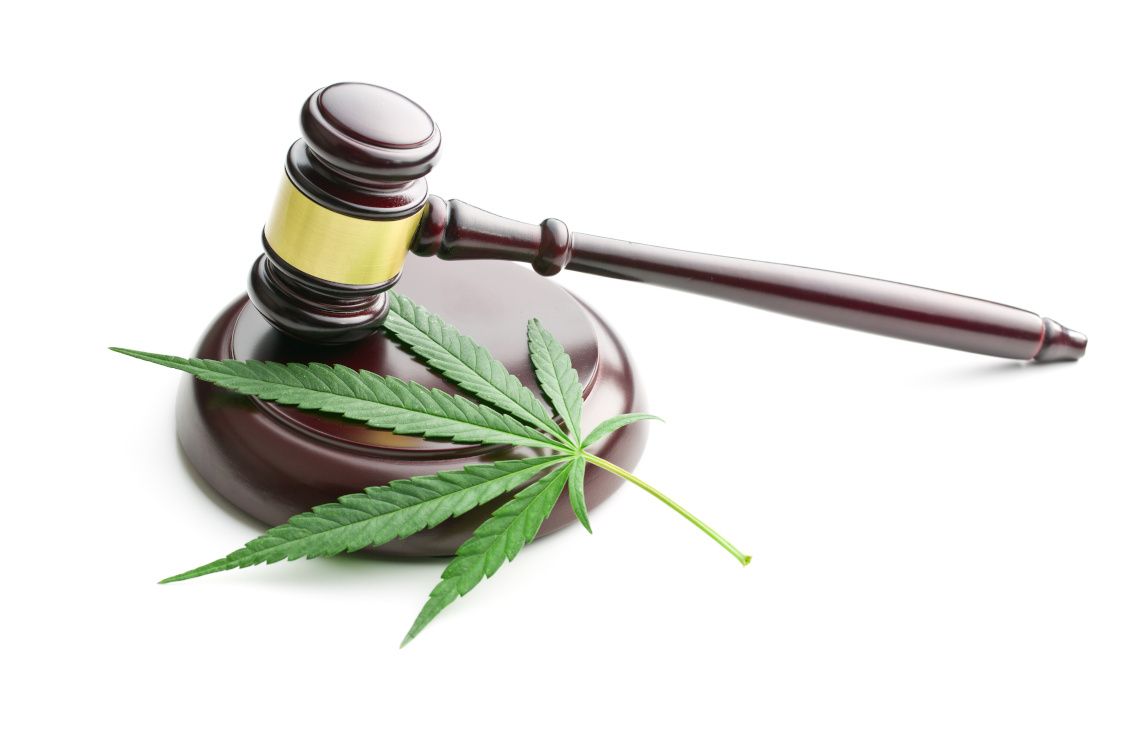Bipartisan CBD legislation re-introduced, draws support of large industry coalition
The bipartisan bill has been introduced by Representatives Kurt Schrader (D-Oregon) and Morgan Griffith (R-Virginia) will make hemp-derived cannabidiol (CBD) lawful as a dietary supplement.
Photo Credit © Jiri Hera - Stock.adobe.com

A new bipartisan bill has been introduced by Representatives Kurt Schrader (D-Oregon) and Morgan Griffith (R-Virginia) will make hemp-derived cannabidiol (CBD) lawful as a dietary supplement. The bill called “The Hemp and Hemp-Derived CBD Consumer Protection and Market Stabilization Act of 2021” was introduced in the previous Congress in September of 2020, but was not taken up for a vote. If passed, the legislation would make hemp, and cannabidiol (CBD) derived from hemp, lawful for use under the Federal Food, Drug, and Cosmetic Act (FD&C Act) as a dietary ingredient in a dietary supplement as long as manufacturers comply with new dietary ingredient requirement and other FD&C Act policies.
The bill has earned substantial industry support as frustration mounts at the level of inaction from the U.S. Food and Drug Administration on the regulation of CBD, a growing and prosperous ingredient category that is increasingly vulnerable to adulteration. “Since the 2018 Farm Bill was enacted, CRN has repeatedly called on FDA to exercise the statutory discretion provided to it in the Food, Drug & Cosmetic Act that would allow CBD to be marketed as a dietary supplement and impose the legal and regulatory requirements that currently exist for other supplements,” said Julia Gustafsan, vice president, government relations for the Council for Responsible Nutrition (CRN; Washington, D.C.), in a statement. “During this time, the CBD marketplace has experienced heightened consumer interest, increased sales and expanded product innovation, all with no action taken by the agency to legalize this ingredient in dietary supplements. We call on FDA to constructively engage with the bill sponsors and other stakeholders to address any reservations it may have and to help craft legislation that protects public health while fostering a new category of supplements.”
“There remains an absence of substantive progress on FDA’s reported attention to creating a lawful pathway for CBD, and a similar lack of clarification from the agency that simple hemp products, such as tinctures and extracts, should be regulated the same as other herbal supplements,” echoed Michael McGuffin, president of the American Herbal Products Association (AHPA; Silver Springs, MD), in a press release. “This legislation will fill those gaps, and we see it as important for ensuring that consumers will be able to find hemp and CBD products that are clearly subject to FDA’s enforcement of the robust regulations that apply to all other herbal supplements. The bill is also aligned with the position AHPA first adopted almost two years ago to recommend that manufacturers and marketers of hemp and CBD dietary supplements comply with all of the federal regulations that apply to such operations for other supplement products.”
“We’re encouraged that this legislation was re-introduced so early in the new Congress and hope it remains a priority for lawmakers given the intense consumer demand and commercial interest in CBD-containing products,” added Scott Melville, president and CEO of the Consumer Healthcare Products Association (CHPA). “The continued lack of regulatory clarity along with insufficient oversight around hemp and hemp derived CBD has led to bad actors entering the marketplace, exposing consumers to potentially unsafe products that may lack consistency in product quality. This bipartisan legislation would be an important step forward and is consistent with CHPA’s 2019 citizen petition calling on FDA to utilize its existing authority and establish a lawful regulatory pathway for responsible manufacturers to bring dietary supplements containing CBD to market.”
CRN, AHPA, and CHPA are also part of the Hemp CBD Coalition, which supports the bill. The Hemp CBD Coalition also includes: U.S. Hemp Roundtable, Alliance for Natural Health, Citizens for United Health, Hemp Alliance of Tennessee, Hemp Industries Association (HIA), Midwest Hemp Council, National Cannabis Industry Association (NCIA), National Association of State Departments of Agriculture (NASDA), National Grocers Association, Texas Hemp Coalition, United Natural Products Alliance (UNPA), U.S. Hemp Authority, U.S. Hemp Building Association, Wisconsin Hemp Alliance, and We Are For Better Alternatives (WAFBA).
Prinova acquires Aplinova to further increase its footprint in Latin America
April 7th 2025Prinova has recently announced the acquisition of Brazilian ingredients distributor Aplinova, which is a provider of specialty ingredients for a range of market segments that include food, beverage, supplements, and personal care.










